BC became the hottest place in Canada ever on Sunday, and again Monday and Tuesday as temperatures in the Fraser Canyon and elsewhere kept breaking records.
Lytton soared to an all-time high for Canada of 49.5° Celsius. New records were also set in the eastern Fraser Valley as temperatures hit 42.9° C in Abbotsford on Monday and crested 45° C across the southern Interior.
While farmers faced sweat-soaked chores and heat exhaustion, animals also struggled to cope with the record-breaking temperatures.
TJ Walkem of 60 Ranch in Spences Bridge, 35 km from Lytton, has lost half his chickens since the heat set in last week. The fourth-generation farmer raises free-range poultry and grass-fed beef.
While the birds were hit hard, his 265 head of cattle have been able to find cool spots during the day. He has also avoided working any animals to reduce stress.
The herd relies on lakes, springs and creeks for water. Since this year has been so dry, if temperatures continue to rise with minimal precipitation, “we will be in trouble,” Walkem says.
Agassiz dairy farmer Julaine Treur of Creekside Dairy shared her management strategies on Facebook.
“We’ve got fans going in the coop, outdoor access to shade, and lots of fresh water, but we still lost two hens to the heat yesterday,” she posted. “We pride ourselves on our stellar animal care and welfare, but we’re no match for this heat. That’s a tough pill for a farmer to swallow.”
Similar to Walkem, the cattle have fared better in the extreme temperatures.
“Their milk production has dropped significantly but they’re not off feed, and they’re still chewing their cud while relaxing under the huge barn fans,” she said. “They spend their nights on pasture where it’s slightly cooler.”
BC Sheep Federation president Barbara Ydenberg of Wind’s Reach Farm in Langley’s Glen Valley says sheep also seem to be coping with the heat. Her flock is seeking shade and eating less than usual.
But shade is often next to forested areas, where coyotes hide. Ydenberg says some farmers have reported predator problems over the last few days. As a result, producers have to be out with the herd to keep an eye on the sheep, which can be dangerous in this heat.
Sheep that did not get shorn earlier are particularly susceptible to the heat, but Ydenburg warns against compounding heat stress with the stress of shearing. But in one case, a black sheep in distress was hand-shorn on Monday night that helped cool it off.
The extreme temperatures have triggered flood watches on the Lillooet, Upper Columbia and Chilcotin rivers. High streamflow advisories have also been issued in several regions.
Snow weather stations that still have snowpack report melting at a rate between 80 and 100 millimetres of snow water equivalent per day, says the BC Ministry of Forests, Lands, Natural Resource Operations and Rural Development.
One sheep producer in Prince George lost an entire field’s hay crop as a result of the flooded river. The hay was cut and the drying windrows were washed away.

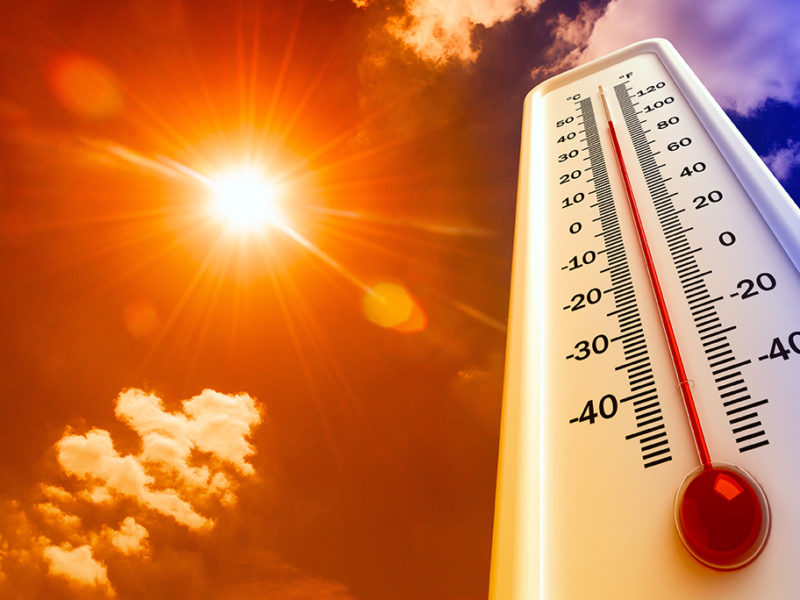
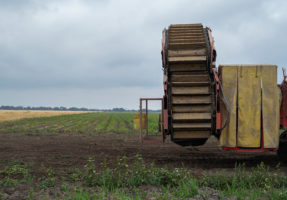
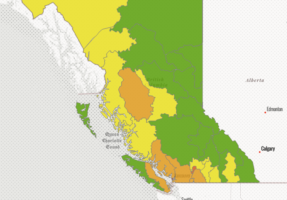
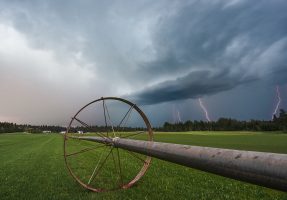
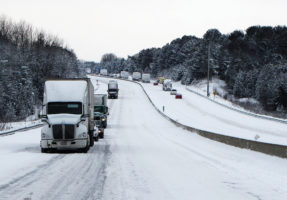
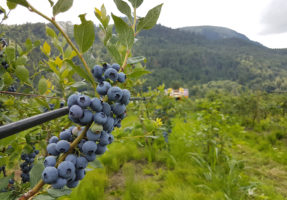
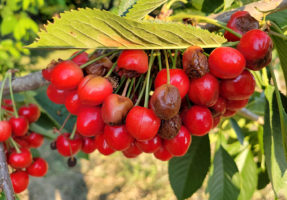
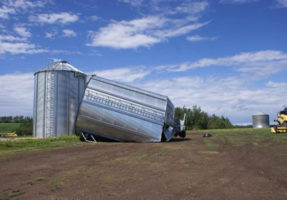
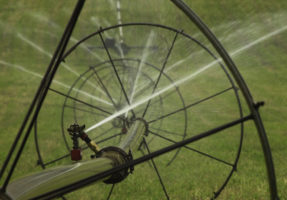
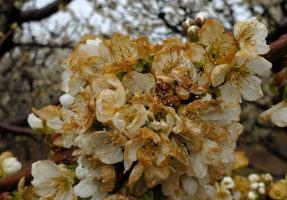
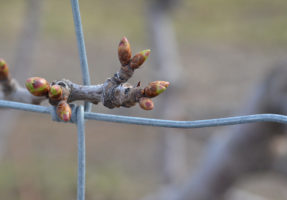
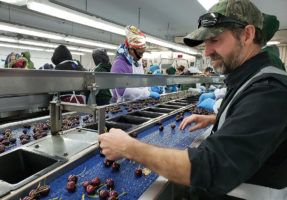

 “Significant losses” to fruit
“Significant losses” to fruit